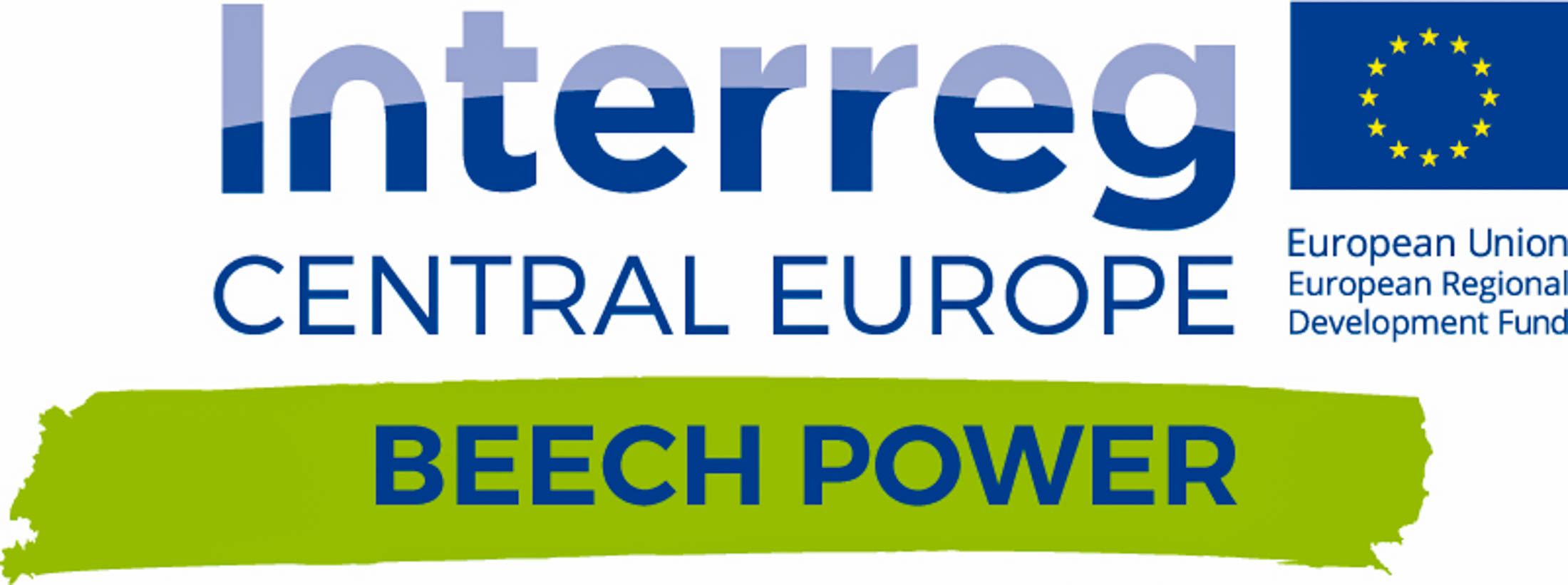On the 13th and 14th of October 2020, all project partners of the BEECH POWER and selected associated partners participated in an online workshop organized by Kalkalpen National Park. The workshop aimed to develop joint communication concepts to address challenges regarding visitor information and knowledge transfer. The workshop consisted of themed presentations and interactive working groups. About thirty participants successfully worked together to discuss communication regarding tourists, the local population and stakeholders, schools, and the World Heritage Beech Forest network.
Knowledge transfer between partners
BEECH POWER project partners applied different approaches in the past to manage visitors. These ranged from tourist information, to the involvement of local stakeholders, to the implementation of education programs, to networking efforts with other World Heritage Beech Forest partners.
When Kalkalpen National Park, the Wilderness area Dürrenstein, Hainich National Park, and Paklencia National Park shared their experiences, it became clear that a broad range of activities is important to make the World Heritage site accessible to as many different visitor groups as possible. Combined with a unified information strategy – including the availability of designated trails, visitor centers, events, etc. – this can promote visitor numbers of the site and the identification with its values in the local community.
To enhance identification of locals with the World Heritage site and local component parts, it is key to involve the local community as much as possible. On the one hand, this can be done through specific events. Designated workshops in schools or outside with school kids, outdoor programs with rangers, yearly celebration events, or info days are just a few examples. On the other hand, the direct creation of economic benefits for locals can significantly increase their support for the protection of the area. Thus, the involvement of local tourist providers, restaurants, guest houses, and shops is crucial.

Networking with other World Heritage partners
The partners showed us during the workshop how they exchanged knowledge with other World Heritage partners in the past. For example, the World Heritage Beech forest components in Croatia and Austria developed a tourist package that encourages tourists to visit several sites during their trip. Thus, projects like BEECH POWER, national cooperation between World Heritage components, and international visits for knowledge exchange can open up new opportunities to promote and to protect the localities.
Challenges and possible solutions
Best practice examples and demonstrated successes during the presentations stimulated brainstorming activities in four distinct working groups on: Tourism, Local population & schools/kindergarten, local stakeholders, and the World Heritage partner network.
Each World Heritage Beech Forest component part within and outside the BEECH POWER project faces different challenges in terms of visitor numbers, and the availability of funding, infrastructure, education programs, and partnerships with the local communities. Through the working groups the challenges were addressed, possible risks identified, and possible solutions through best practice examples gathered. Thanks to an interactive online work space, every participant was able to contribute their suggestions to the final output of the working groups. It became clear that an increase of awareness raising activates and strengthened cooperation on national and international level is key for successful component part management.

